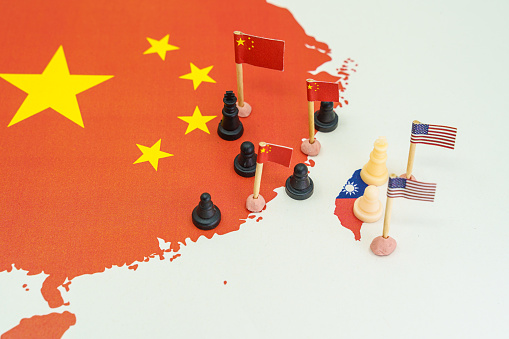Taiwan’s Economic Miracle
Taiwan’s economic miracle has been the subject of considerable research, but the exact cause remains a mystery. Much of this research has focused on government policy, although statistical data for the first few decades of the post-war period is scarce and overall effect is difficult to determine. Nonetheless, there are several key elements that are likely to have contributed to the country’s economic miracle. After stabilizing the currency, for instance, savings rates began to increase and reached 30% by the 1970s. In addition, primary education was made universal and the number of students in higher education increased tenfold.
Dependence on China
Taiwan has become a model of good public health and economic resilience, but its economy remains disproportionately dependent on China. Taiwan’s weak links with the rest of the world make China a natural trading partner, but Taiwan’s dependence on China is risky not only for the island nation, but also for the rest of the world. The Chinese are an important political and economic force in the region, and Taiwan’s economic dependence on China makes it vulnerable to political pressures.
Taiwan’s government has tried to reduce its economy’s dependence on China by promoting market diversification and encouraging Taiwanese companies to move their investments back to Taiwan. It has also promoted a New Southbound Policy aimed at promoting stronger Indo-Pacific ties. This strategy has had some success, but was disrupted by the recent pandemic.
China has a variety of tools at its disposal to hurt Taiwan’s economy. First, it may target Taiwanese products. Taiwan exports more to China than it does to the US or to the rest of the world. In addition to slapping tariffs on its own exports, China can even limit Taiwan’s imports of Taiwanese goods, like wood. This could have a significant effect on the country’s economy.
Taiwan exports are heavily focused on the information and communication technology sector. The country has little growth in other sectors, such as textiles and agriculture. Taiwan’s economy is highly dependent on exports, accounting for 70% of its economic output. By comparison, Germany’s exports were only 47% of its total GDP in 2021, according to data from the International Monetary Fund.
The Chinese government’s Economic Daily News has warned that Taiwan may be forced into a high-income trap, with rising prices, falling exports, and rising inequality. The escalating situation in the Taiwan Strait could have devastating consequences for both Taiwan’s economy and that of China. While Taiwan’s semiconductor industry is booming and its economy is thriving, China’s economy is a fragile one, weakened by a real-estate crisis and Xi’s zero-COVID policies.



